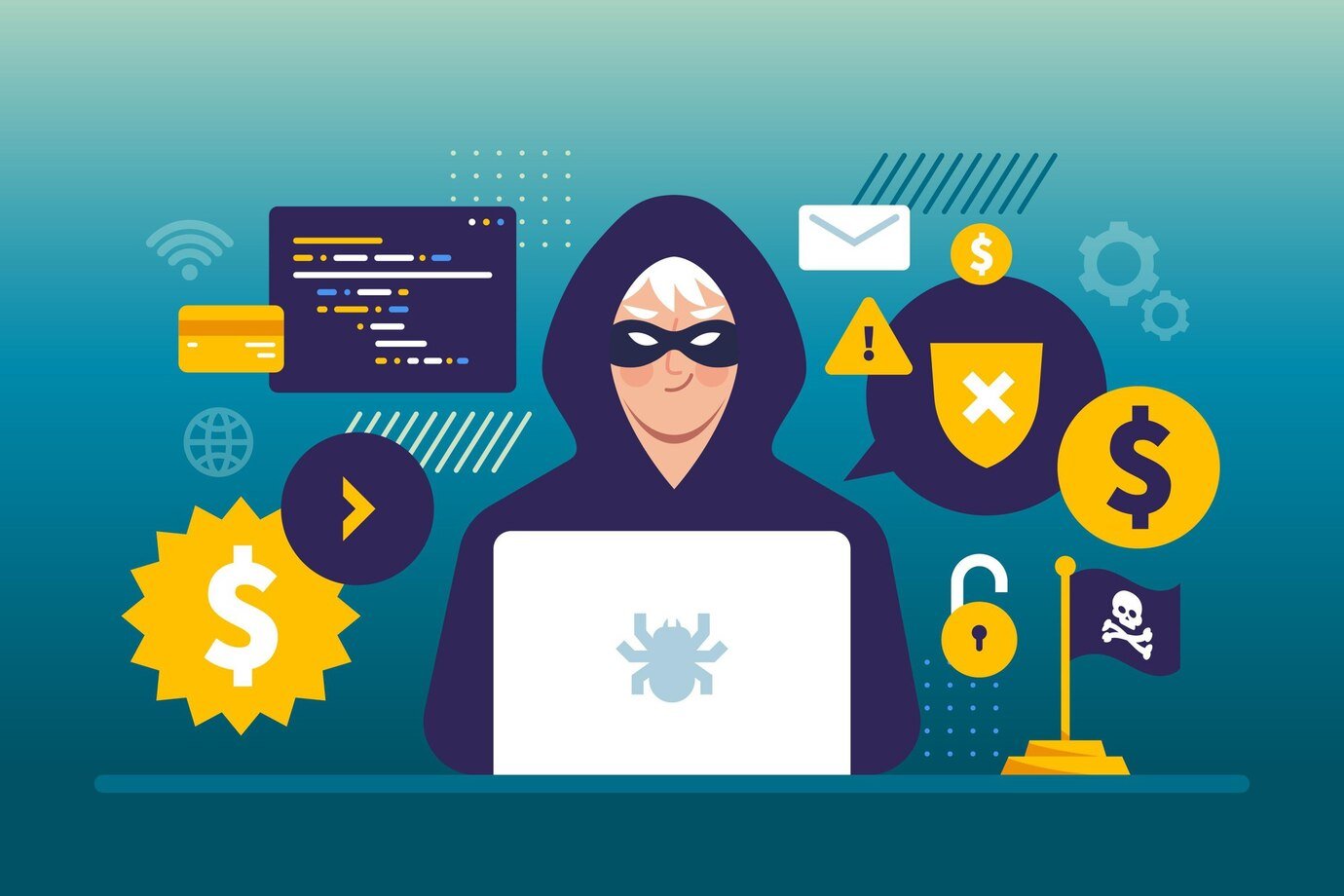Physical Address
304 North Cardinal St.
Dorchester Center, MA 02124
Physical Address
304 North Cardinal St.
Dorchester Center, MA 02124

In the fast-paced world of forex trading, brokers are required to operate under the supervision of regulatory bodies that enforce rules to protect traders and ensure fair practices. However, with the increasing number of fraudulent brokers in the market, some scammers have resorted to using fictitious licensing claims to deceive unsuspecting traders into believing they are legitimate.
In this blog, we’ll uncover how scam brokers fake regulatory approvals, how to spot a counterfeit license, and what you can do to protect yourself from falling victim to these schemes.
Regulatory bodies, such as the Financial Conduct Authority (FCA) in the UK, Australian Securities and Investments Commission (ASIC), and the Commodity Futures Trading Commission (CFTC) in the U.S., are tasked with overseeing financial markets. They impose strict standards on brokers, ensuring they operate transparently and in the best interest of their clients.
A legitimate regulatory license serves as a seal of trust, giving traders confidence that the broker adheres to industry best practices, maintains adequate capital reserves, and has robust systems in place for resolving disputes.
However, the absence of proper regulation or the use of fake licenses by brokers can expose traders to significant risks, including fraud, manipulation, and the loss of funds.
Scam brokers often use fictitious licensing claims to appear legitimate and gain the trust of unsuspecting traders. Here are some common tactics they use:
Some scam brokers create fake licenses or doctored documents that appear to be from recognized regulatory bodies. These documents may look official, complete with logos, license numbers, and regulatory information that mimic genuine licenses.
While some offshore jurisdictions do provide legitimate regulation, others have minimal oversight and are often used by scam brokers to hide their true operations. Brokers may falsely claim to be regulated in countries with loose or non-existent regulations, such as St. Vincent and the Grenadines, Belize, or Cyprus.
Why It’s a Red Flag:
Some offshore regulators issue licenses with minimal due diligence and little accountability. A broker may appear “regulated,” but the regulation doesn’t offer real investor protection.
Some brokers avoid claiming any formal regulation, instead stating they are “self-regulated” or “not subject to regulation.” This is often a way to avoid scrutiny while still appearing credible.
Why It’s Dangerous:
Without third-party oversight, these brokers can operate freely and potentially engage in fraudulent or unethical practices without consequence.
Scam brokers may steal logos or images from well-known regulatory authorities and place them on their websites, marketing materials, and platforms. They might claim affiliation with multiple regulators, even though no such affiliation exists.
What to Look For:
It can be challenging to discern whether a broker’s license is real or fake, but there are clear steps you can take to protect yourself from fraudulent claims.
Legitimate brokers clearly display their regulatory licenses and include the license numbers, the regulatory body’s name, and sometimes a link to the official regulator’s page.
Key Points to Verify:
Reputable forex review sites and forums often discuss the licensing status of brokers. Look for user experiences and feedback regarding whether the broker’s regulatory status is genuine.
A broker’s track record and reputation can give you a clue about their regulatory claims. If they have been in the market for years and have a strong reputation among traders, their license is likely legitimate.
Make it a habit to verify any regulatory claims before depositing funds with a broker. Use official regulatory websites to cross-check the information.
A professional website or flashy advertising doesn’t necessarily mean a broker is legitimate. Always focus on verifying the license before considering other factors.
Stick to brokers that are regulated by well-known and reputable authorities. If a broker claims to be regulated but you cannot verify the information, avoid them.
Legitimate brokers are transparent about their business practices and regulatory status. If a broker hides this information or provides vague responses when asked, consider it a major warning sign.
Fictitious licensing is one of the most common tactics used by scam brokers to lure in traders. While the forex market offers numerous opportunities for profit, it also presents significant risks, especially when dealing with unregulated or fraudulent brokers.
By understanding how scam brokers fake regulatory approvals, you can better protect yourself from falling victim to these deceitful practices. Always verify a broker’s license, use reputable and regulated brokers, and remain cautious when dealing with any broker who seems to be too good to be true.
Stay informed, stay safe, and make sure your trading journey is with a legitimate broker who prioritizes your security and financial well-being.